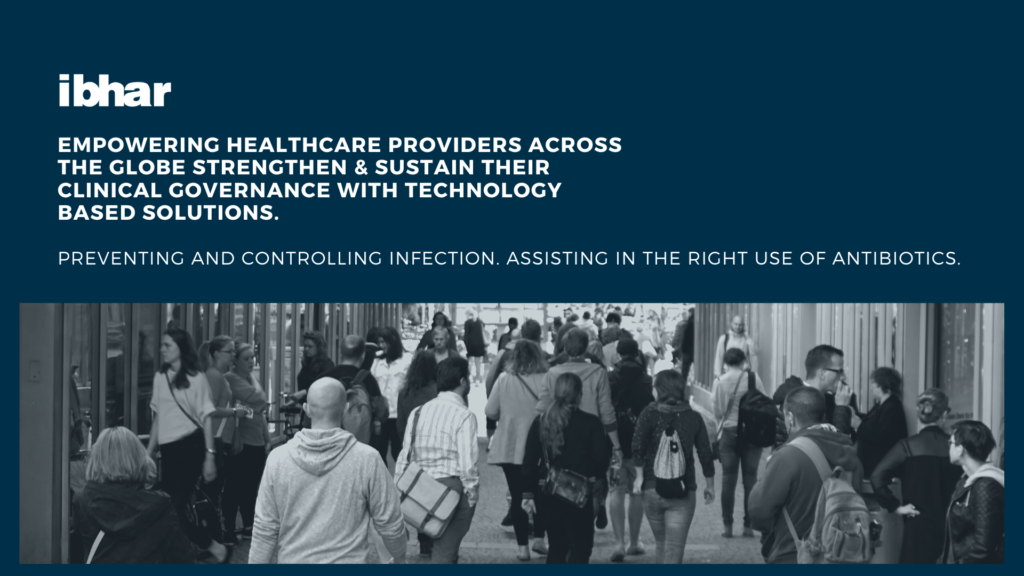Patient Safety and Antimicrobial Resistance – A Emerging Global Concern

Patient Safety
Safety of patients during the provision of health services that are safe and of high quality is a prerequisite for strengthening health care systems.
Patient safety is fundamental to delivering quality essential health services. Indeed, there is a clear consensus that quality health services across the world should be effective, safe and people-centred. In addition, to realize the benefits of quality health care, health services must be timely, equitable, integrated and efficient.
To ensure successful implementation of patient safety strategies; clear policies, leadership capacity, data to drive safety improvements, skilled health care professionals and effective involvement of patients in their care, are all needed.
The World Health Organisation has published various studies on Patient Safety & the harm that patients receive in healthcare facilities world-wide.
WHO FACT SHEET :
Medication errors – account for US$ 42 billion annually
Health care-associated infections occur in 7 and 10 out of every 100 hospitalized patients in high-income countries and low- and middle-income countries respectively
Unsafe surgical care procedures cause complications in up to 25% of patients. Almost 7 million surgical patients suffer significant complications annually, 1 million of whom die during or immediately following surgery
Unsafe injections practices in health care settings can transmit infections, including HIV and hepatitis B and C, and pose direct danger to patients and health care workers
Diagnostic errors occur in about 5% of adults in outpatient care settings, more than half of which have the potential to cause severe harm.
Unsafe transfusion practices expose patients to the risk of adverse transfusion reactions and the transmission of infections. Data on adverse transfusion reactions from a group of 21 countries show an average incidence of 8.7 serious reactions per 100 000 distributed blood components.
Emerging Global Concern:
ANTI-MICROBIAL RESISTANCE
The emergence and spread of drug-resistant pathogens that have acquired new resistance mechanisms, leading to antimicrobial resistance, continues to threaten our ability to treat common infections. Especially alarming is the rapid global spread of multi- and pan-resistant bacteria (also known as “superbugs”) that cause infections that are not treatable with existing antimicrobial medicines such as antibiotics.
Antibiotics are becoming increasingly ineffective as drug-resistance spreads globally leading to more difficult to treat infections and death. New antibacterials are urgently needed – for example, to treat carbapenem-resistant gram-negative bacterial infections as identified in the WHO priority pathogen list. However, if people do not change the way antibiotics are used now, these new antibiotics will suffer the same fate as the current ones and become ineffective.
Misuse and overuse of antimicrobials are the main drivers in the development of drug-resistant pathogens.
AMR is a complex problem that requires a united multisectoral approach. The One Health approach brings together multiple sectors and stakeholders engaged in human, terrestrial and aquatic animal and plant health, food and feed production and the environment to communicate and work together in the design and implementation of programmes, policies, legislation and research to attain better public health outcomes.
Without effective antimicrobials, the success of modern medicine in treating infections, including during major surgery and cancer chemotherapy, would be at increased risk.
Ibhar is committed to empowering healthcare providers across the globe strengthen & sustain their Clinical Governance with technology based solutions.
Over the past years Ibhar has helped 700+ Healthcare Organisation in improving patient safety and implementing a robust Infection Prevention and Control program.


